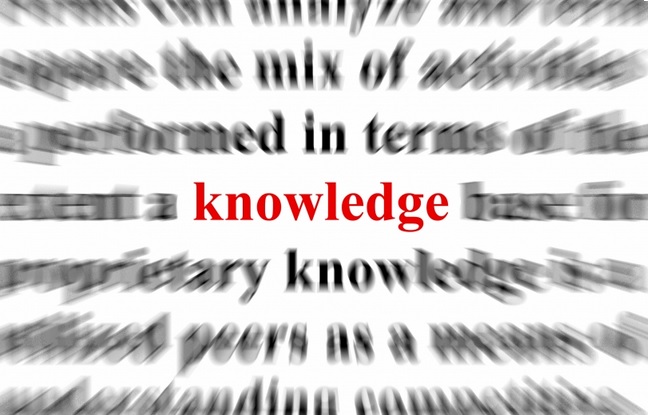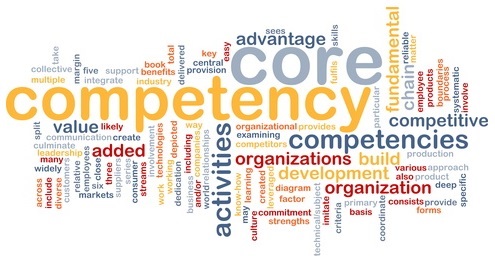How will the rise of E-education affect the way we manage our careers? Below is the conversation I had with Rémi Bollack, an expert in E-education.
I/ The difference between competency and knowledge

Copyright: stonecobra.com
At this point, I asked if any if he saw a difference between competency and knowledge. I know of many online courses that test student’s ability to assimilate knowledge in the form of multiple choice questions. However, knowing things doesn’t equate to being competent. E-education offers great prospects when it comes to verifying and validating whether somebody has assimilated new information. Artificial intelligence applied to E-education can deliver fascinating results. Artificial intelligence can grade thousands of tests based on multiple choice questions. Artificial intelligence can calculate what percentage of students are getting question three right and what percentage of students are getting question five right. This can serve as useful data to improve the testing and also improve the teaching in order to ensure that a higher percentage of students get the answers right the first time. But at the same time, artificial intelligence is unable to grade and evaluate the quality of a written dissertation. For example, artificial intelligence could not read through a paragraph and assess whether the argument made is:
- logical or not
- deductive or not
- inductive or not
Artificial intelligence cannot evaluate whether examples are relevant to the thesis or not. Finally, artificial intelligence has great difficulty assessing the meaning of the thesis and evaluating whether the meaning is relevant or not, insightful or not. So it seems that E-education offers great prospect for one kind of knowledge acquisition, which is assimilating information.
Rémi agreed with my point. And he added that there are different levels of competency.
II/ E-education offers on innovative path towards career development : Knowledge is the first step in building competency

Copyright: modernanalyst
- The first level is, indeed, “knowing the stuff”, that is, assimilating new information. E-education offers great prospect to improve this process while at the same time reducing costs for students around the world. But, building competency is another story.
- The second level deals not only with knowledge but also “know-how”. This requires an ability to produce something individually like writing an essay where newly acquired information is used to convey a point, to make an argument.
- The third level means experimentation. Competency also requires the ability to experiment and test things out in the real world. In other words competency requires to do things, much like a student can test out his newly acquired marketing knowledge during a marketing internship.
- Finally, competency building requires production, much like a manager would produce a specific good.
Today, E-education is efficient at the first step. But, at least for now, we’ll have to continue using old, tested, and tried methods of learning to build comprehensive competency…
Further readings:
- For a historical presentation on the evolution of learning, please refer to this TED video
- For a discussion on essay-grading performed by artificial intelligence, please refer to this NYT article
- For a presentation of innovative universities, please refer to Clayton Christensen’s video here
Copyright: Guillaume Villon de Benveniste

[…] For another take on e-Education, please refer to Rémi Bollack’s ideas, here […]
Yes, today education plays the main role in one’s life. Every one should be educated to get the success in life. A person reaches to the success destination by travelling through the path of education. The career will be successful when you earn the right education that is accepted by employees at the organizations. “Learn the education that earns the success in the life”
Thanks for sharing a great article.